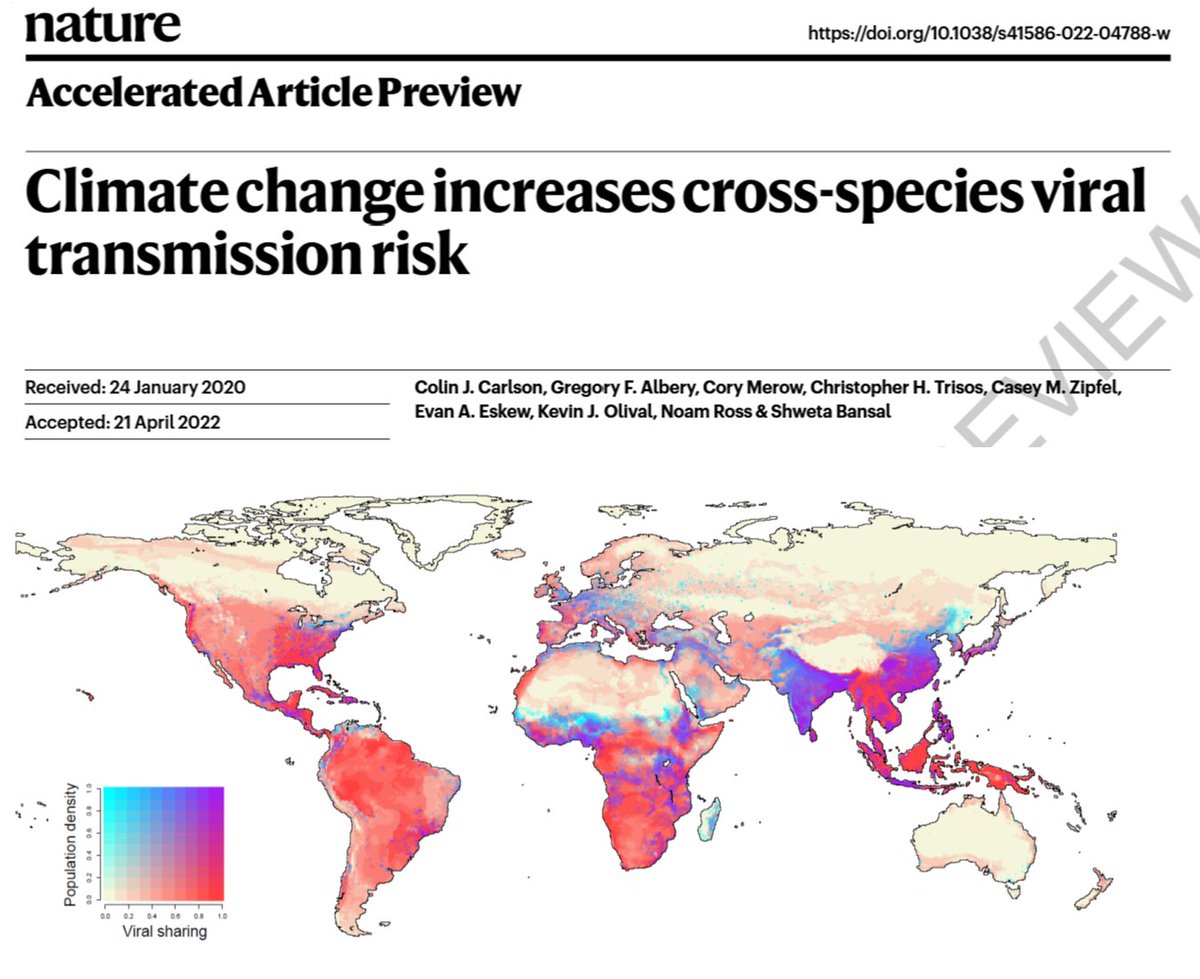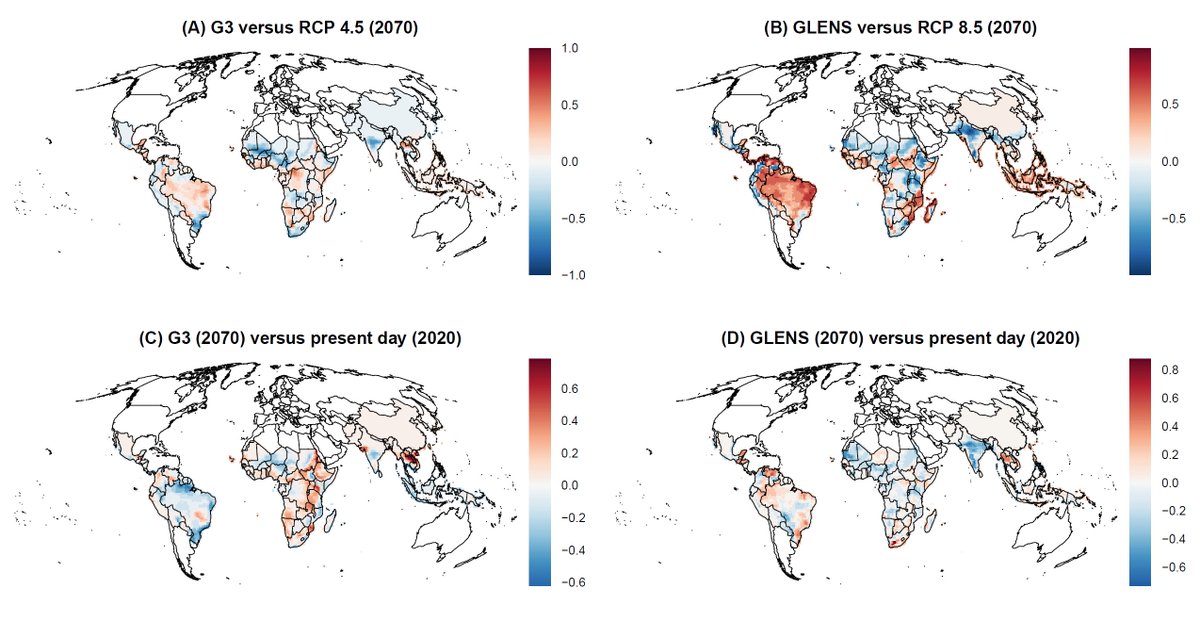
Tech / doctors are talking about how to stop collecting and storing information that makes people vulnerable to prosecution in a post-Roe world. Reminder: academic researchers also NEED to plan for this too, right now. A recent tangible example of the problem (1/5)
At #EEID2019, conference participants were invited to participate in the VirScan study, which comprehensively profiled serological exposure to pathogens. A (neat!) virology project focused on dynamics of disease and immunity in human populations. (2/5)
Surveys collected answers to several demographic questions including these three (iirc):
1. How many children do you have?
2. How many times have you been pregnant?
3. Have you ever had a miscarriage / how many times?
(3/5)
1. How many children do you have?
2. How many times have you been pregnant?
3. Have you ever had a miscarriage / how many times?
(3/5)
A friend points out: this allows you to identify women who have had abortions. There's a bit of disagreement among our friend group: does IRB cover this? does it really matter? is it really a lapse in good judgement? All of that shifts unambiguously in a post-Roe world. (4/5)
Do not collect and store information about whether study participants have had an abortion, even if de-identified in published results. If that's your research focus, I defer to people who actually do that research for a living on best practices. The rest of us: plan ahead. (5/5)
p.s. despite obvious foia / subpoena things, do not presume yourself safe if you’re not at a state university or even based outside the U.S.; private universities will hand things over in a heartbeat, and so will companies that touch your data. GitHub had ICE contracts, man (6/5)
• • •
Missing some Tweet in this thread? You can try to
force a refresh









